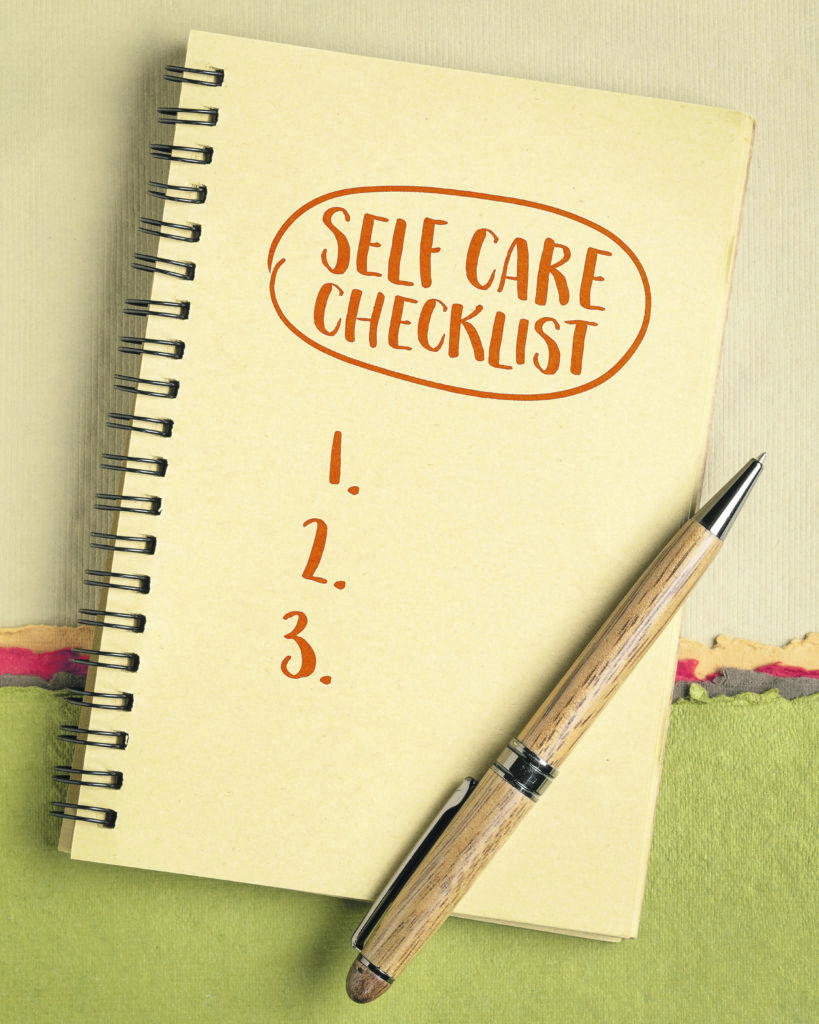Here’s Why You’re Not Losing Weight
Laura Shammah, MS, RDN
You’re eating better. You’re exercising more. You’re doing all the things. And yet—nothing’s changing. The scale won’t budge, your clothes still feel tight, and your frustration is building. What if the problem isn’t your food… but your nervous system?

As a dietitian, I’ve seen this pattern more times than I can count: clients who are working hard, making healthy choices—but stuck in a loop of stress, poor sleep, and relentless self-criticism. And that loop is quietly sabotaging their progress.
Here’s how these hidden factors might be affecting your progress:
- Stress and Cortisol: The Invisible Blocker
Chronic stress raises levels of the hormone cortisol, which can:
- Increase appetite and cravings (especially for sugar and carbs).
- Promote fat storage, particularly around the abdomen.
- Disrupt blood sugar balance and increase insulin resistance.
Even if you are eating “perfectly,” a high-stress life can work against your metabolism. And let’s be honest—many women live in a near-constant state of go-go-go, caretaking, pressure, and performance. Your body keeps the score.
- Poor Sleep = More Cravings, Less Control
Sleep is not optional for weight regulation. Just one night of poor sleep can:
- Increase ghrelin (your hunger hormone).
- Decrease leptin (your fullness hormone).
- Impair judgment and increase impulsivity (like late-night snacks).
- Raise cortisol even more.
Sleep isn’t a luxury—it’s part of your nutrition plan. If you are getting less than seven to eight hours a night, your hunger, mood, and metabolism will feel it.
- Self-Criticism: The Most
Overlooked Stressor
Most women think if they are harder on themselves, they will stay motivated. But the opposite is true.
Self-criticism raises stress, lowers resilience, and often leads to shame-driven eating. It reinforces the belief: “I’m not doing enough. I’ll never get this right.”
But here’s the truth:
Self-compassion is not weakness. It’s metabolic support.
Studies show that self-compassion improves health outcomes by reducing stress, increasing motivation, and promoting consistency—without the cycle of punishment and perfectionism.
So What Can You Do?
Here are a few powerful shifts to try:
Embrace Gentle Movement
Consider incorporating practices like yoga, tai chi, dance, or even slow, mindful stretching into your day. These movement practices activate your parasympathetic nervous system, helping to ease tension and bring a sense of calm without feeling like a chore.
Prioritize Sleep Like It’s Medicine
- Aim for seven to eight hours a night.
- Set a consistent bedtime and reduce screen time before sleep.
- Limit caffeine after noon.
Practice Self-Compassion Daily
• Notice your inner dialogue—are you constantly engaging in negative self-talk? Would you say that to a friend?
• Try this mantra: “I’m doing the best I can. My body deserves care, not criticism.”
• Celebrate consistency, not perfection. That’s what gets results.
The Bottom Line
If you feel stuck, do not just look at what you are eating—look at how you are living. Your nervous system, your sleep, and your inner voice all shape your metabolism more than you realize. You cannot hate yourself into a healthier body. But you can support yourself there—with compassion, rest, and calm. You’re not broken. You’re just burned out. And healing is still possible.
Laura Shammah MS, RDN specializes in eating disorders but has clientele that run the gamut from people dealing with PCOS, infertility hypertension, high cholesterol, Crohn’s disease, diabetes and cancer. She also helps clients who run in marathons, are pregnant and those who would like to lose or gain weight in a healthy way.




